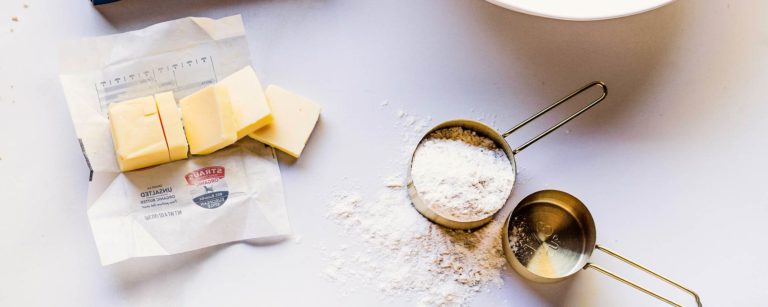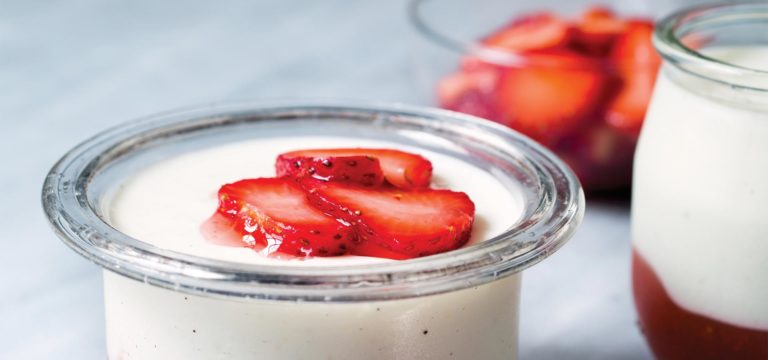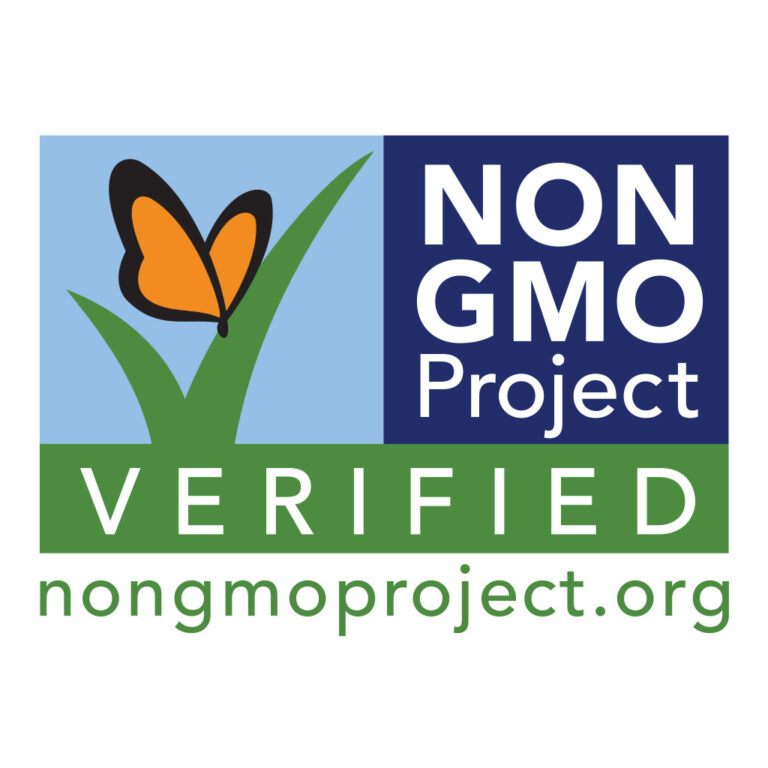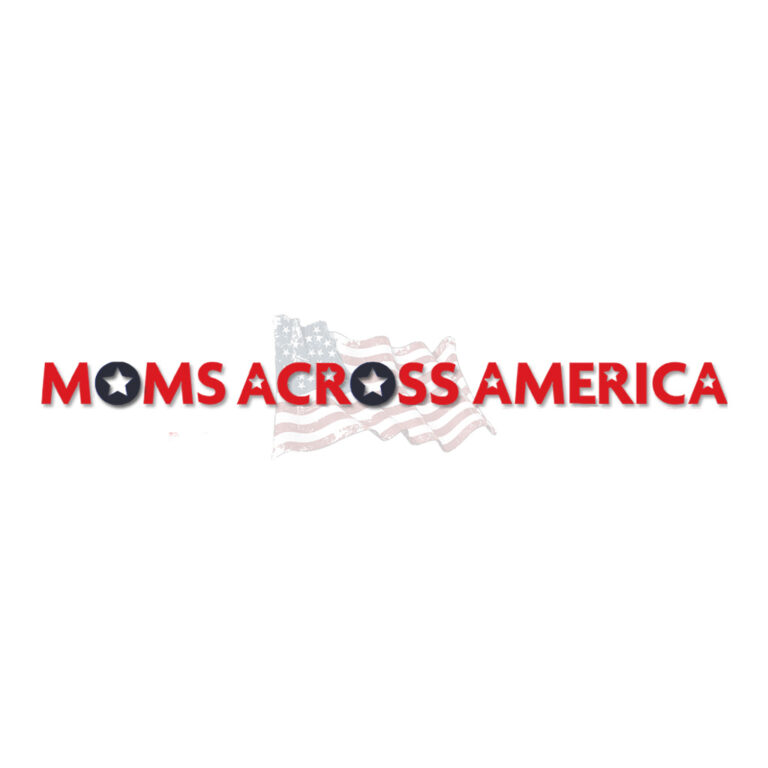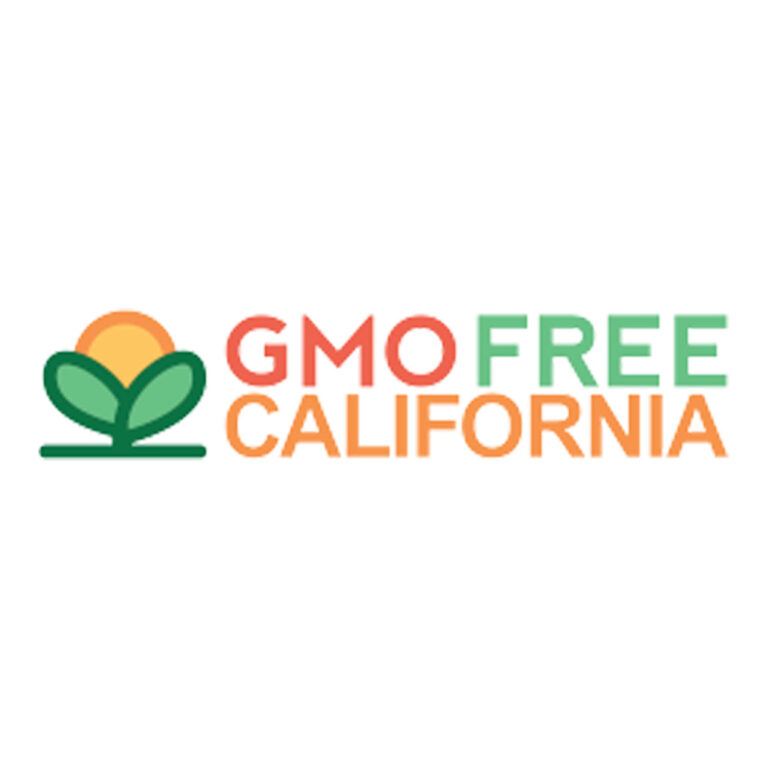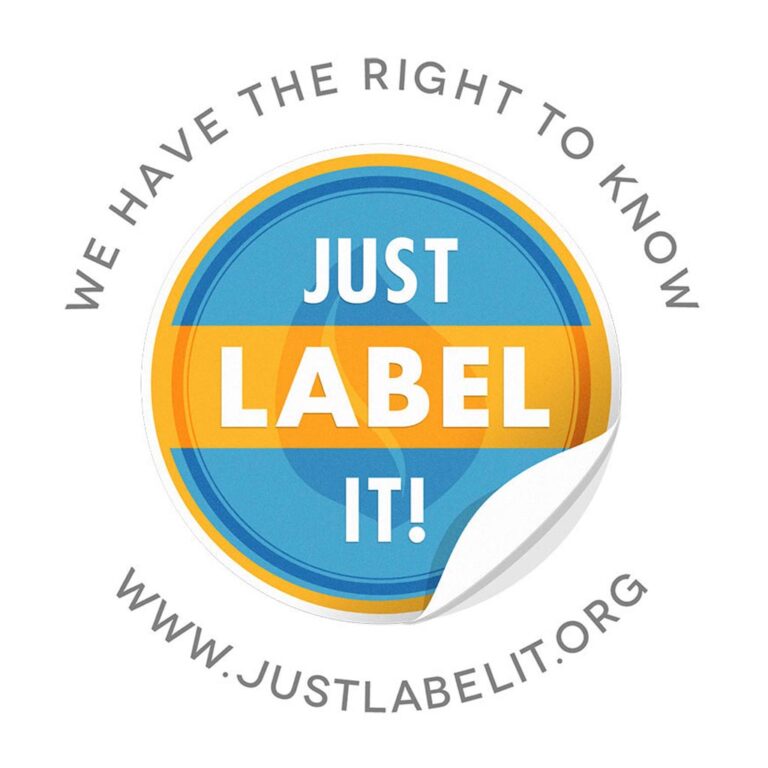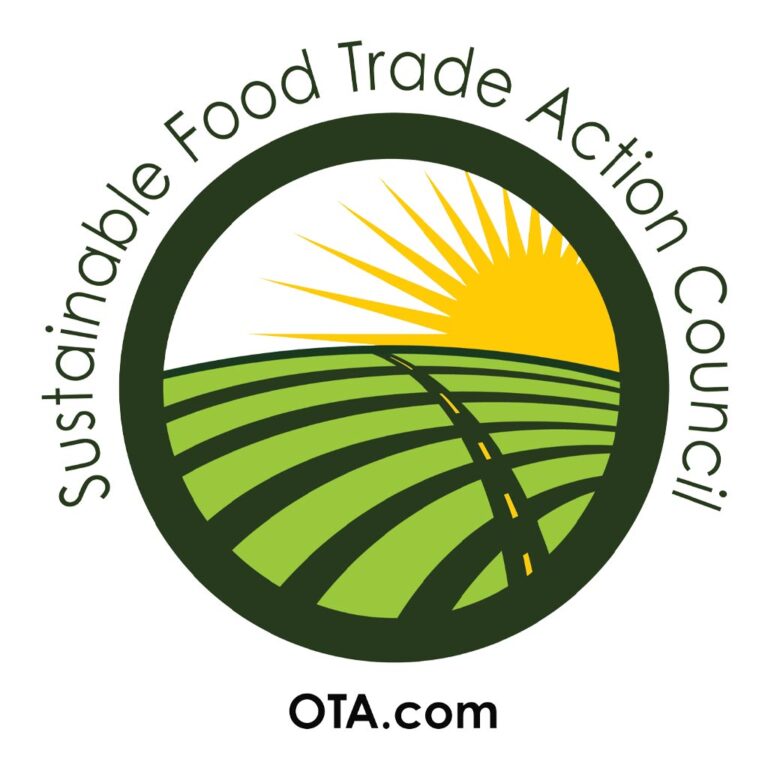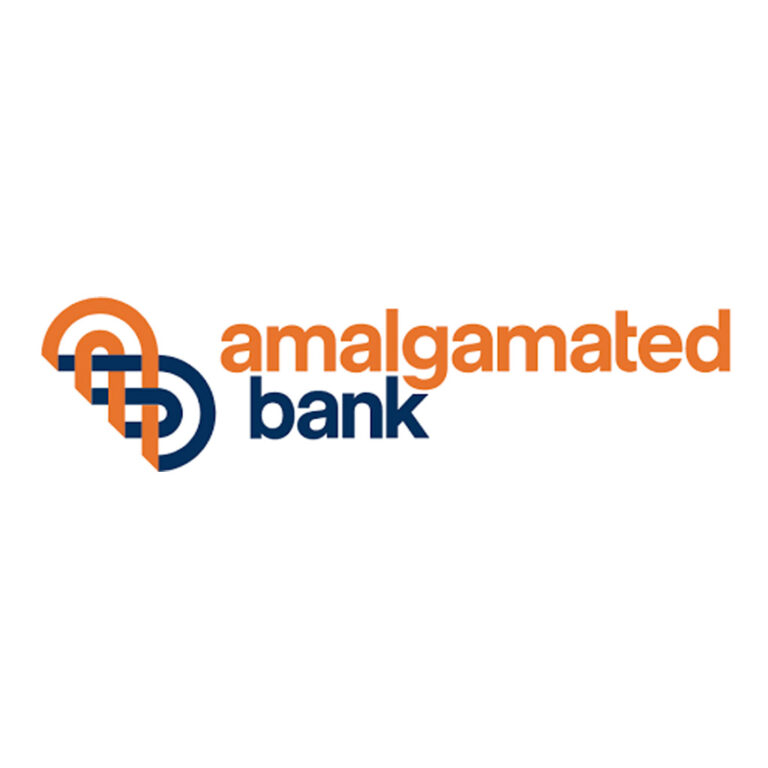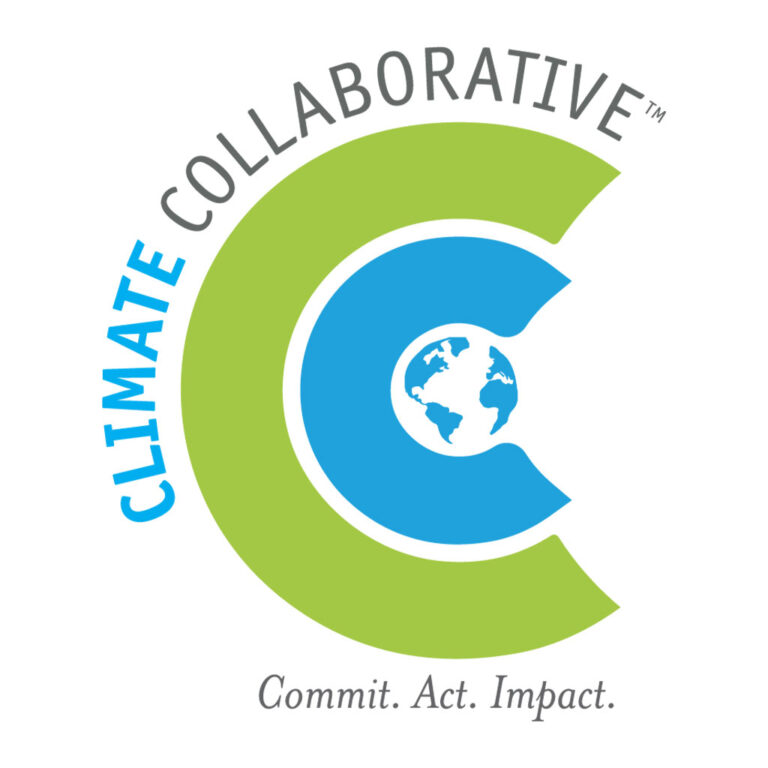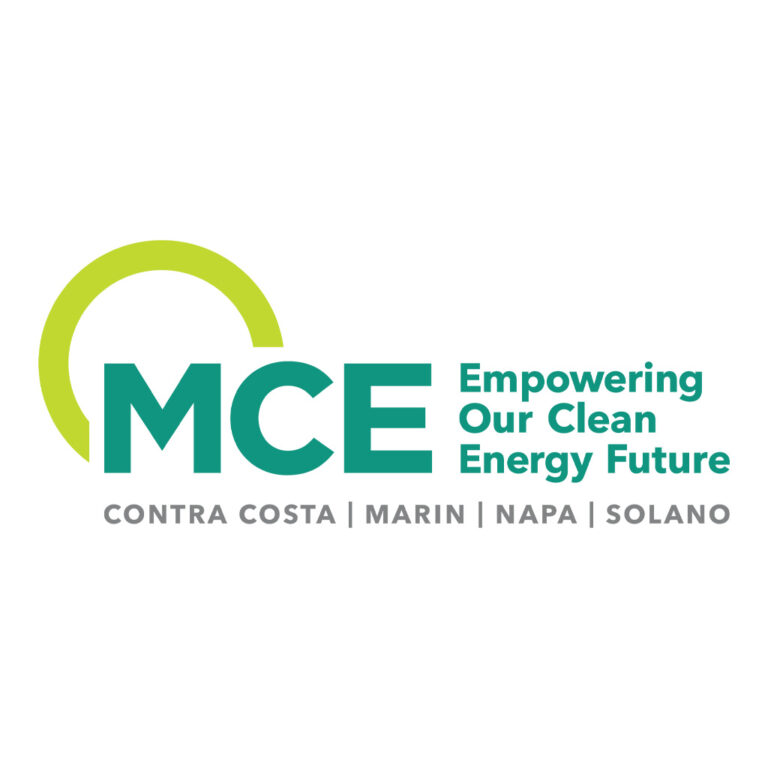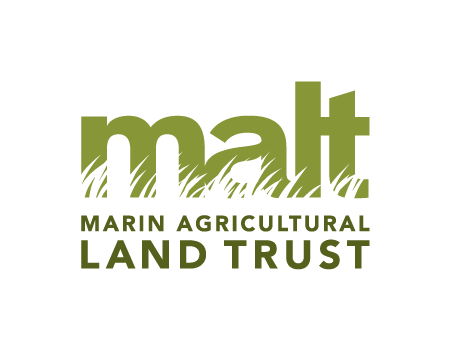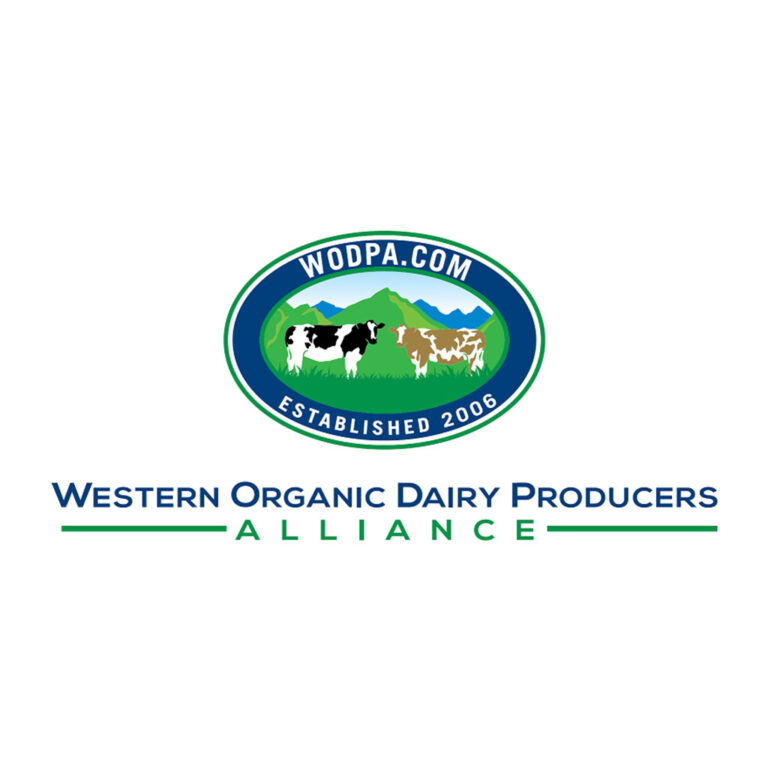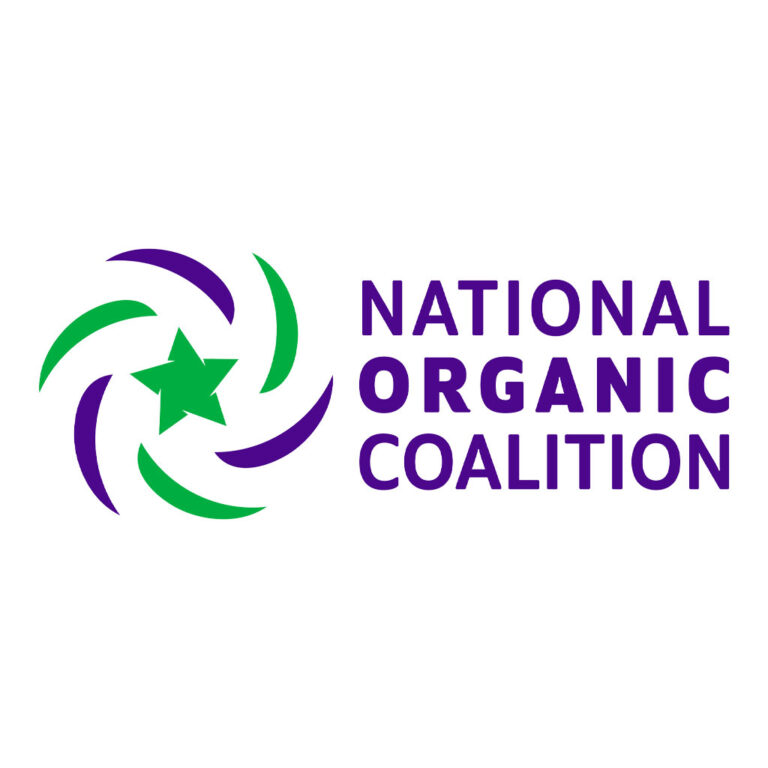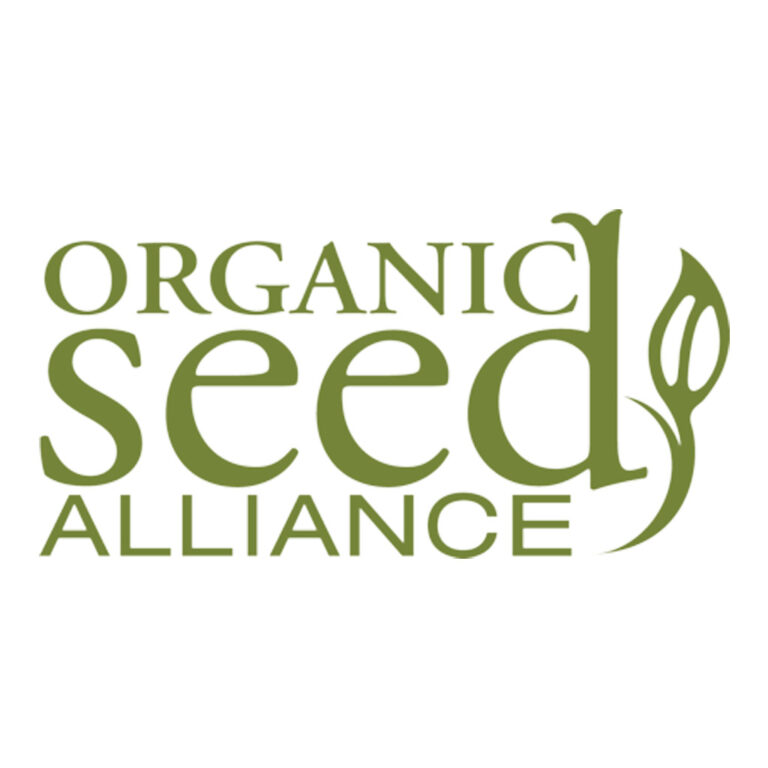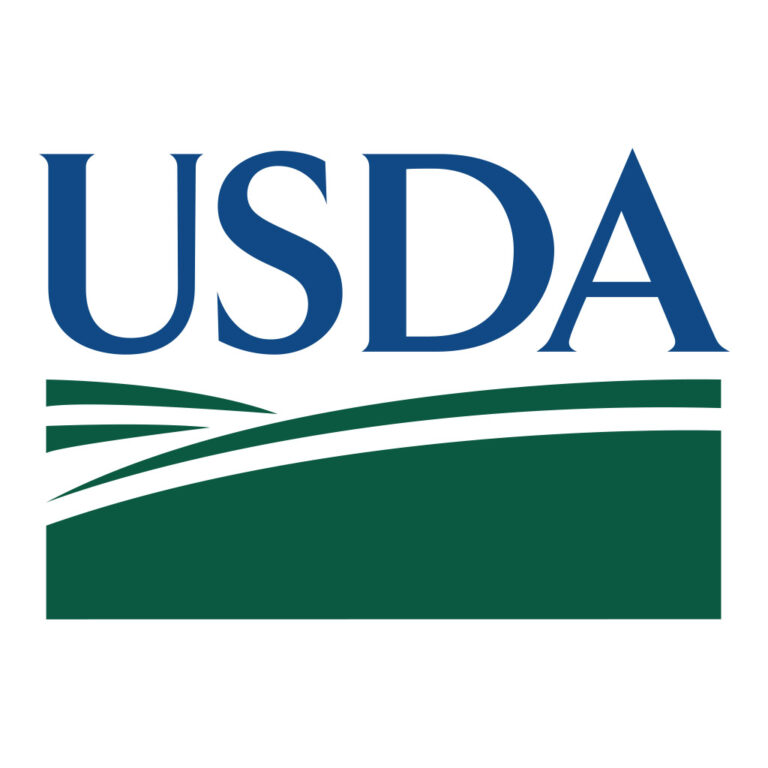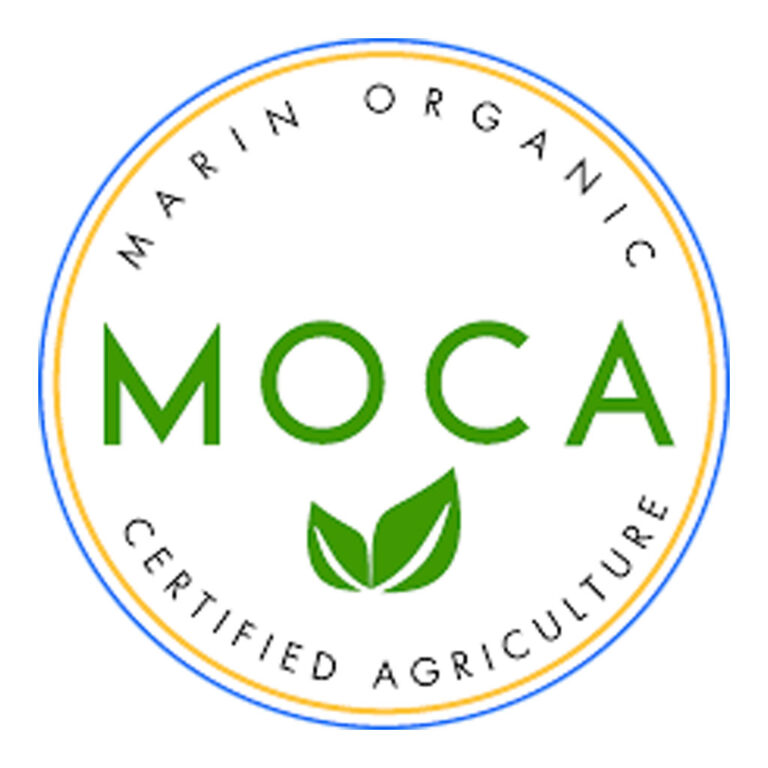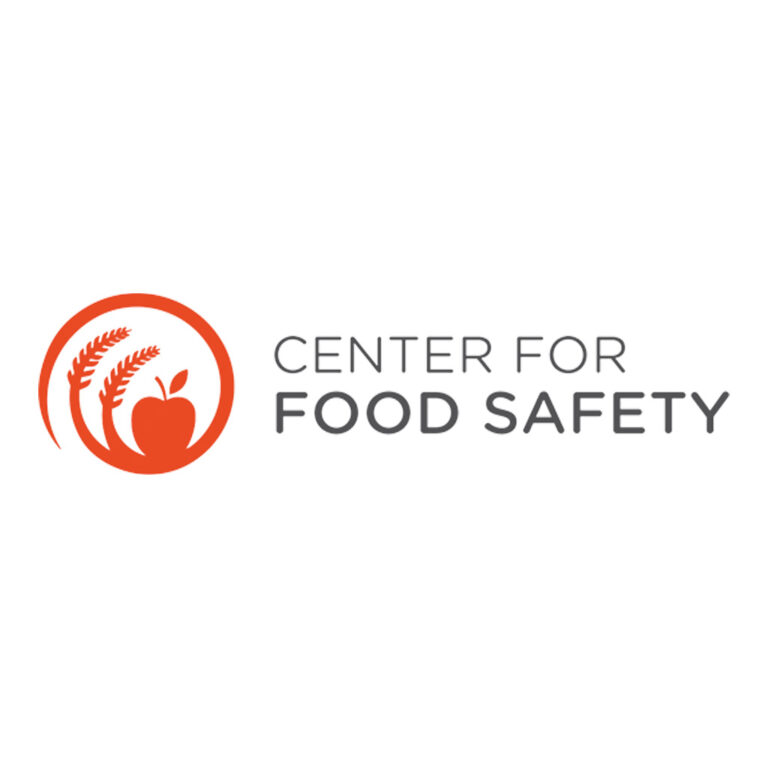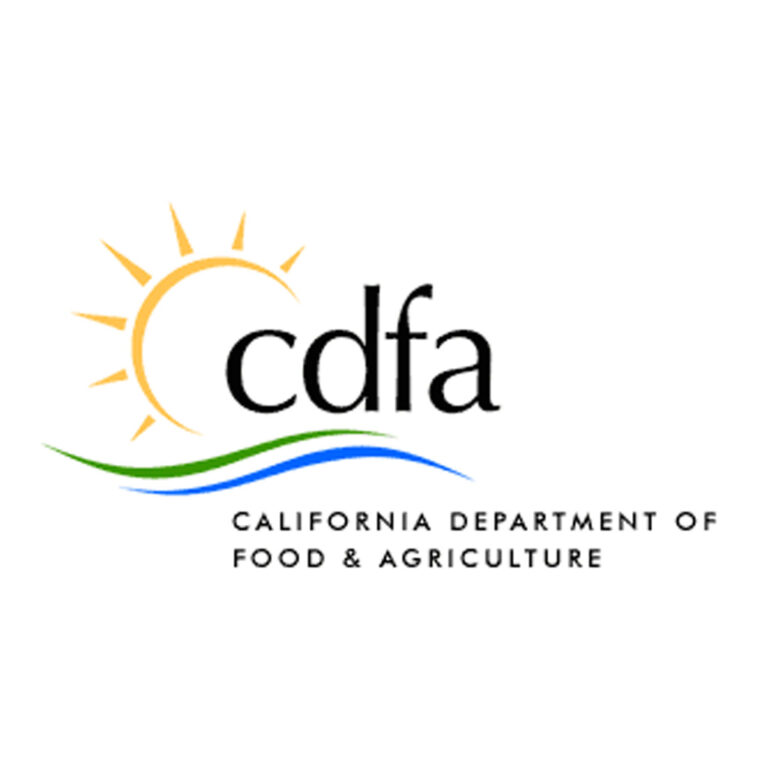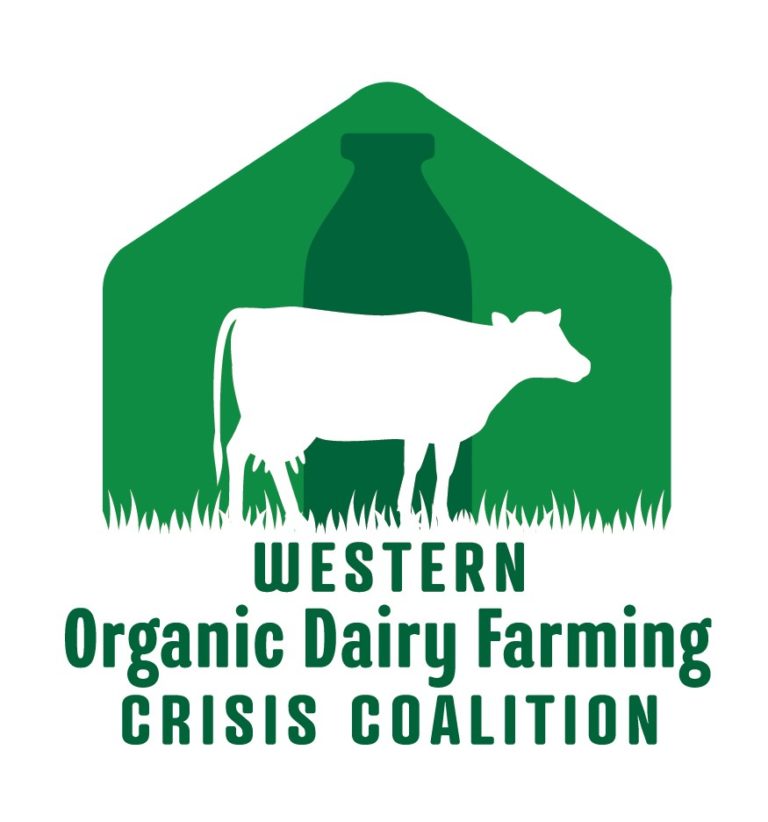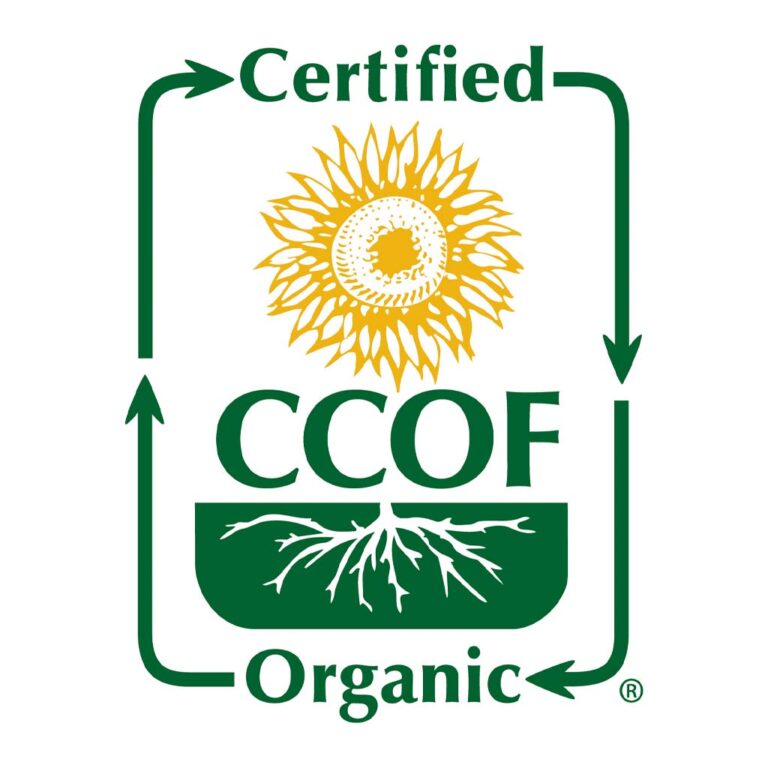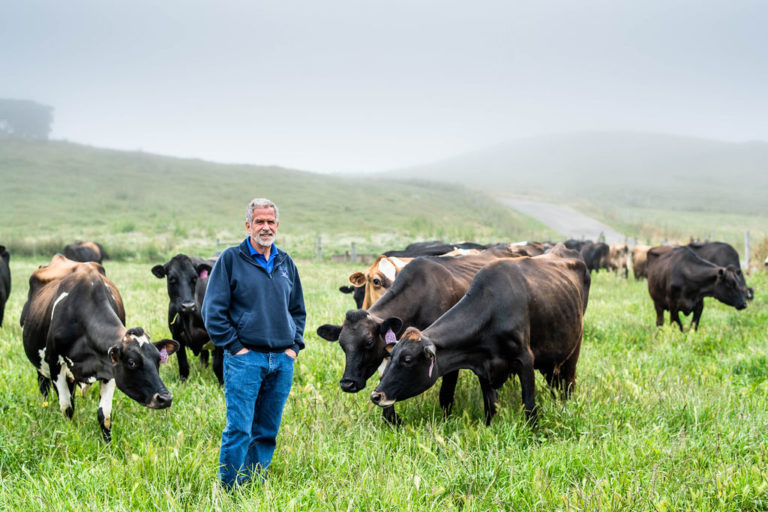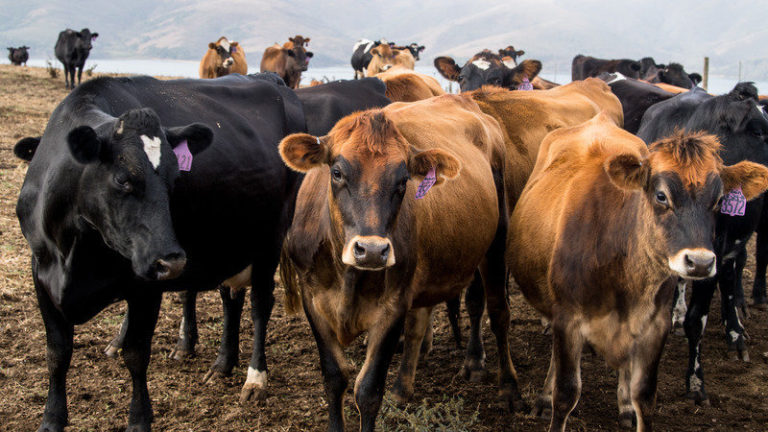Showing: All
This hefty, absolutely unbelievable crust is what we all grew up on. We love it! This pie crust is thick and tastes almost like shortbread.
Author Janet Fletcher's note from cookbook Yogurt: I like to serve this panna cotta parfait style, from clear glasses, with the ruby-red fruit puree on the bottom.
The recipe is adapted from one given to Cookbook Author Janet Fletcher by Bill Corbett, former executive pastry chef for the Absinthe Group in San Francisco.
This classic German streusel is like the best part of a coffee cake in tart-shape form. Swap out the poppy seed filling for your favorite fresh fruit, chopped, tossed with a little sugar, and cooked until softened.
The Non-GMO Project is a non-profit, multi-stakeholder collaboration committed to preserving and building sources of non-GMO products, educating consumers, and providing verified non-GMO choices.
Moms Across America is a national coalition of “unstoppable moms.” Their mission is to raise awareness about GMOs and toxic exposure, empower leadership, and create healthy communities. Best known for their 4th of July parades, Moms Across America works tirelessly to educate their communities on the issues surrounding GMOs.
The Committee for the Right to Know is a grassroots coalition of consumer, public health, environmental organizations, and food companies in California that works for the labeling of genetically engineered foods (GMOs).
Just Label It is a national campaign consisting of more than 550 partner organizations that support a petition for the FDA to require all GE foods to be labeled as such.
SFTA is a non-profit trade association dedicated to helping the organic food trade transition to more sustainable practices while raising the bar across the entire food industry.
In 2018, New Resource Bank merged with Amalgamated Bank. For nearly a century, Amalgamated has served as America’s socially responsible bank, supporting forward-thinking organizations, companies, and individuals across the country. They are an advocate for those working to make the world more just, compassionate and sustainable.
Climate Collaborative is a group of concerned businesses from the natural products industry working collaboratively to catalyze bold action, amplify the voice of business, and promote sound policy to reverse climate change.
At the Creamery, Straus uses MCE’s Deep Green 100% renewable energy. Whether you’re a resident or a local business, you have the choice to enroll in a renewable energy program if you wish.
In the early 1970s, development plans for the Tomales Bay region posed a threat to the long tradition of family farming. Two early environmentalists, Phyllis Faber and Albert Straus’ mother, Ellen Straus, decided to fight, so they co-founded the Marin Agricultural Land Trust (MALT), a private, member-supported non-profit organization dedicated to permanently preserving Marin County farmland for agricultural use.
The Western Organic Dairy Producers Alliance mission is simple – preserve, protect, and ensure the sustainability and integrity of organic dairy farming across the west.
NOC is a national alliance of organizations working to provide a “Washington voice” for farmers, ranchers, environmentalists, consumers and industry members involved in organic agriculture. NOC provides a united voice for organic integrity, leading to strong, enforceable, and continuously improving standards to maximize the health, environmental, and economic benefits that only organic agriculture affords. The coalition works to assure that policies are fair, equitable, and encourage diversity of participation and access.
OSA is a 501(c)(3) nonprofit that advances ethical seed solutions to meet food and farming needs in a changing world. Each year OSA educates thousands of farmers and other agricultural community members, conducts professional organic plant breeding and seed production research, and advocates for national policies to strengthen organic seed systems.
NOP is a regulatory program housed within the USDA Agricultural Marketing Service and is responsible for developing national standards for organically-produced agricultural products.
MOCA is the organic certification agency within Marin County’s Agricultural Commissioner’s office. MOCA was created and inspired by the community it serves: local growers, livestock producers, handlers, and consumers.
For more than twenty years, CFS has been at the forefront of organizing a powerful food movement that fights the industrial model while promoting organic, ecological, and sustainable alternatives.
CDFA protects and promotes California’s $47 billion agricultural industry. California’s farmers and ranchers produce a safe, secure supply of food, fiber and shelter; marketed fairly for all Californians; and produced with responsible environmental stewardship.
PETALUMA, Calif., (Nov 3, 2022)—Straus Family Creamery, a certified organic creamery whose mission is to sustain family farms and revitalize rural communities, organized the newly formed group named Western Organic Dairy Farming Crisis Coalition.
Founded in 1973, CCOF promotes and supports organic food and agriculture through a premier organic certification program, trade support, producer and consumer education, and political advocacy.
San Francisco Examiner
When it comes to climate change, cows have taken a reputational hit. These belching bovines have been villainized for releasing methane, a greenhouse gas with more than 25 times the heat-trapping power of carbon dioxide.
Inside Climate News
The Straus Family Creamery, an organic dairy producer in Marin County, California, made headlines last fall after receiving approval from regulatory agencies to conduct a trial of a new seaweed-derived feed additive called Brominata.
